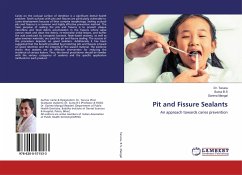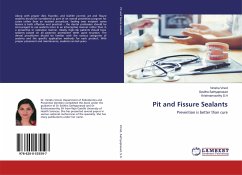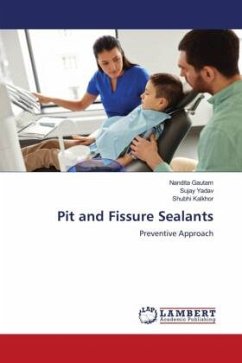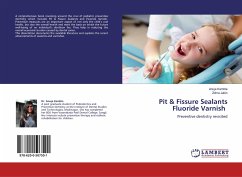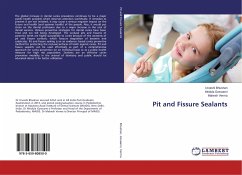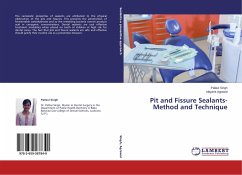Caries on the occlusal surface of dentition is a significant dental health problem. Tooth surfaces with pits and fissures are particularly vulnerable to caries development because of their complex morphology. Sealing occlusal pits and fissures is a common and highly effective preventive method. The main purpose of sealing the pits and fissures is to prevent plaque microflora and food debris accumulation in the fissures where saliva cannot reach and clean the debris, re-mineralise initial lesions, and buffer the acid produced by cariogenic bacteria. Resin-based sealants, as well as glass ionomer materials, are used for pit and fissure sealing. The success of this procedure depends on good isolation. Additionally it has been suggested that the benefit provided by protecting pits and fissures is based on good retention and the integrity of the sealant material. The evidence shows that sealants are an effective intervention for reducing the incidence of carious lesions. Thus, the dental practitioner should be familiar with the various categories of sealants and the specific application methods for each product.
Bitte wählen Sie Ihr Anliegen aus.
Rechnungen
Retourenschein anfordern
Bestellstatus
Storno

